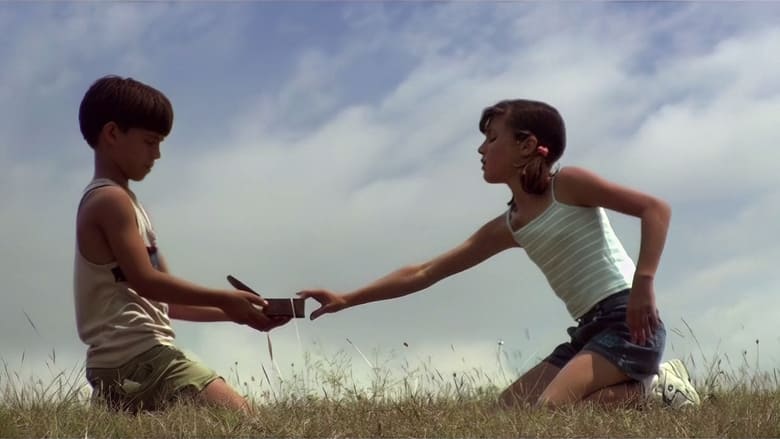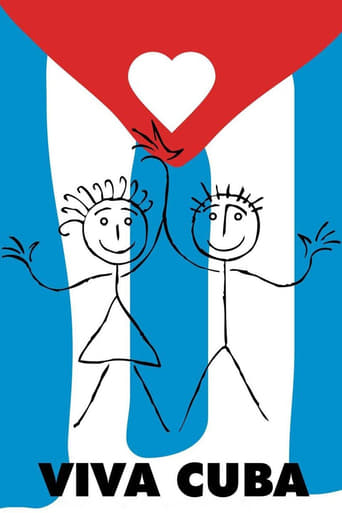
Viva Cuba
April. 20,2005The friendship between two children is threatened by their parents’ differences. Malú is from a family that was upper-class before the Revolution and remains well-to-do through remittances from relatives overseas, and her single mother (Larisa Vega Alamar) does not want her to play with Jorgito, as she thinks his background coarse and commonplace. Jorgito’s mother (Luisa María Jiménez Rodríguez),
Similar titles
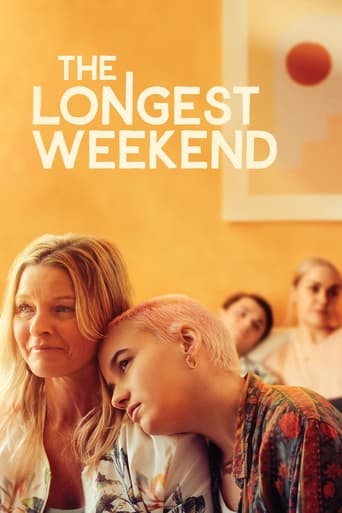
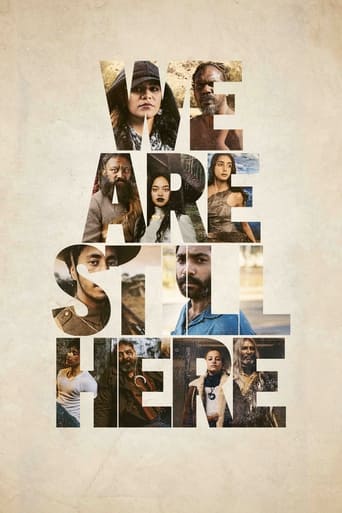

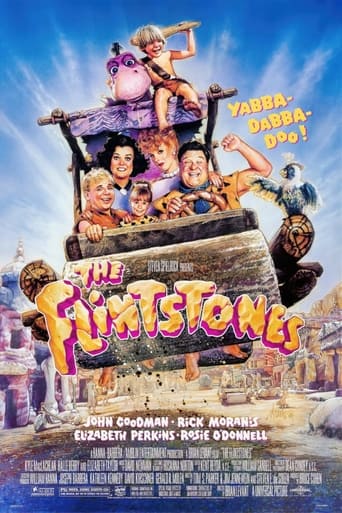
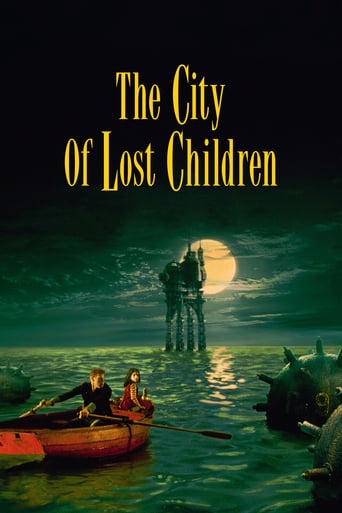
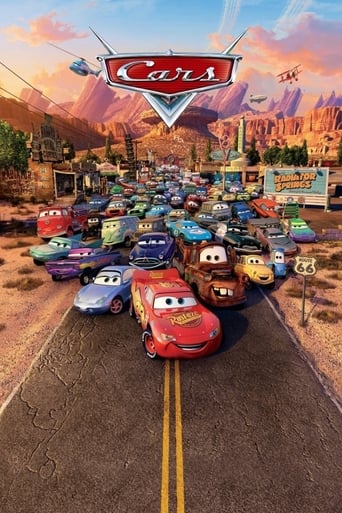
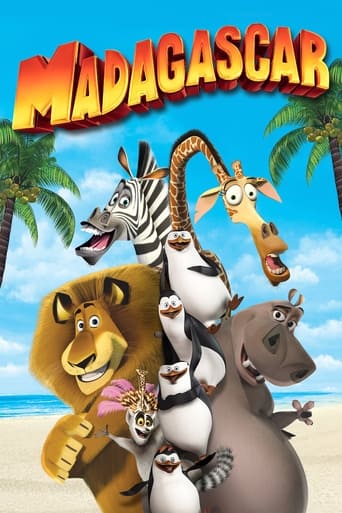
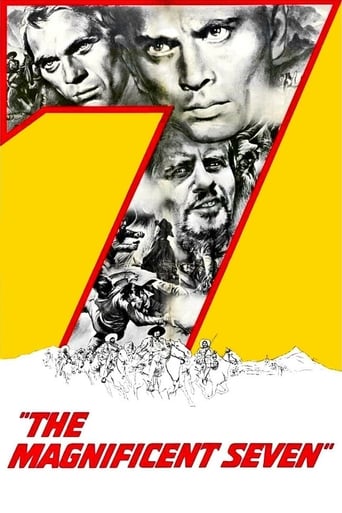
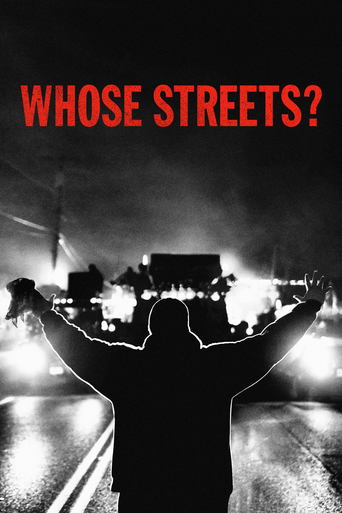

Reviews
Great Film overall
Best movie ever!
A different way of telling a story
Like the great film, it's made with a great deal of visible affection both in front of and behind the camera.
By title, and by the knowledge of where this movie was produced, many who watch movies might be turned off, or suspect of the film's quality at best. The first Cuban film I've seen, I went in with expectations that were shattered by a, dare I say, cute and heartwarming tale of friendship and the human spirit. I know that people are people no matter where they live, and a liberal at heart. Even for me, this is the last place I would have expected to look for such a story, and one of the last things I would expect to result in a few tears.Immediately, the story disarms us of political prejudice, with a scene of boys, including Jorgito, one of two protagonists, playing the Cuban version of Cowboys and Indians in the street. They happen upon a girl of the same age, Malu, and we see Jorgito and Malu having the first of their several arguments, those reminiscent of old married couples. Malu wants to play Queen of Spain to which Jorgito objects, setting up the dichotomous relationship we learn of with their families, and I would assume countless more in Cuba.Jorgito's and Malu's relationship is shown developing throughout the first act, something between childish/flirty teasing and puppy love. Antagonism is introduced when Malu's mother plans to marry and leave the country, resulting in one of the most touching scenes in any movie, let alone one for children, with both children sitting on a roof overlooking Havana, discussing the situation. By the time we see Malu turning, unseen, to face Jorgito, borders are nonexistent. Friendship is the great equalizer. I was Jorgito and have always been.The two run away and set out on a journey from Havana to southeast Cuba, to find Malu's father and prevent him from signing the paperwork that would allow Malu to leave Cuba. The scenes comparing/contrasting their lifestyles and routines in packing and in preparing "for school" that morning are the funniest part of the film, which isn't short on good laughs throughout.The emotion invoked by "Viva Cuba" and the universality of feeling expressed in the dialog ("When I grow up I want to be in charge; to do what I want." and "If I were in charge I would let kids do what they want.") within the story's context is tactfully darling. In terms of story, "Viva Cuba" stands up to American children's films about friendship, such as "Up" and "Wall-E," even more true and raw from the protagonists' perspective (quite literally, as the camera angles are set low and we are presented with a few glimpses into their imaginations), as this film almost completely eschews the realities of the adult/real world until they come crashing (lightly) down at the ending with the friends' bond unaffected.The movie takes you through Cuba, but does not make you feel like you or the characters are under an iron thumb or not free. It doesn't promote or glorify the country either. With a rare backdrop, it presents a personal struggle against confinements and misfortunes that are commonly experienced the world over.
With Cuba having been hidden behind an almost impenetrable veil of isolation and politics for the past 60 years, Viva Cuba provides American audiences with a unique insight into Cuban society. Rather than repeat ploy summaries already mentioned in other reviews, my focus instead will be on its implications for American film-goers in particular. This is approached from the perspective that the majority of Americans have a very limited knowledge of Cuban politics, immigration policies, and the island nation's economic history over the past 20 years.Having spent much of my life in the Miami area during the 80s and 90s it can be accurately assumed that my vision of Cuba is tinted by the international politics of the region's Cuban exile community. This is not to say that either side is right or wrong but simply a statement that when I envision freedoms in Cuba it is much different than what is portrayed in this movie. For example, when Malú's Mother is talking to her fiancé on the phone an American would assume that her line is tapped and that her statement that she hates Cuba because " everything is illegal here" would result in her arrest. However, that is the furthest thing from the case. After Malú and Jorgito disappear the authorities are incredibly courteous and helpful. The simple fact that two small children can travel unimpeded for over 650 miles across Cuba. This is an amazing feat in and of itself. It also challenges the commonly held notion that travel is severely restricted and a network of omniscient eyes are watching your movements at all times.Another challenge to the existing paradigms about Cuban society is that of the government's immigration policies. The process of women marrying men in other countries in order to leave Cuba is central not just this film but also Juan Carlos Tabío's 2000 "Lista de Espera". Coming from an area where many of the recent Cuban arrivals risked their lives in any makeshift floating device they could find, the immigration policies in these movies are certainly a revelation. In fact, a quick Google search shows thousands of websites in both English and Spanish providing legal advising on this process. The paradigm that states that immigration is only possible through defection or sailing north to the Florida Keys is clearly inaccurate.Viva Cuba also provides some interesting insights into the economic conditions of modern Cuba that may or may not be based in reality. With the collapse of the Soviet Union the Cuban economy virtually collapsed in on itself. Known in Cuba as the "Special Period", these years represent some of the bleakest moments in the island's recent history. The island had become an import-based economy relying on its sugar and tobacco production to provide all of its basic good. With their greatest trading partner gone the Cubans people faced their biggest crisis to that point. With the worst years of Cuba's "Special Period" lasting from 1991-1995 the effects are, by all accounts, still being felt to this day. However, in the movie "Viva Cuba" one would not know that the island's economy had collapsed a decade earlier. While the buildings are certainly old and have seen better days, other scenes challenge our views of Cuba. Most notably is when we see Malú and Jorgito on the busy road. New, modern cars and trucks whiz by. The old clunker from the 1950s that eventually stops to give them a ride seems almost anachronistic, as though this is a relic of a by-gone Cuba. The long, panoramic shots of the two children walking on beaches with sunsets in the background almost seem to be taken from a tourism bureau's collection of stock footage. A message is being portrayed here and this is the economic troubles are over, Cuba has entered the new millennium, and it is open for your tourist dollars.Whether we view this movie as an endearing tale of love, friendship and struggle or we view this movie for its insights into a society closed to most Americans the fact remains that this is an excellent movie. Sure, the special effects are not on par for the majority of jaded American film goers. The acting tends toward almost "telenovela"-esque histrionics at times. However, in the end this is a charming movie worthy of any viewer without regard to their politics or geographical location.
As Jorgito(Jorge Milo) and Malu(Malu Tarrau Broche) sit on a rooftop and contemplate the young girl's impending departure from Cuba, the camera moves. One-hundred-eighty degrees later, the camera rests on the backs of their heads. We're looking with them, from their point-of-view, towards an uncertain future(for Malu, a faraway land across the ocean); not at them, in which we laugh condescendingly about the melodramatic proclamations that young people make about being inseparable. They'll survive the break-up. We know that. Some of us went through the same ordeal ourselves at that tender age. The camera moves as a way of representing the past and the future. But after the tears stop flowing, with the camera at repose, Malu's head turns towards Jorgito and asks him to run away with her. This gesture, this hatched plan of Malu's, places them in the present. Right here, right now, these close friends decide that they won't be split up without a fight.No matter how hard the school and the children's parents try to instill their political views upon Jorgito and Malu, politics never comes close to tearing them apart. This is best exemplified when the movie irises in on the boy and girl as they walk home from school, taking them out of context, out of Cuba, and into a world where only they exist; a world in which they are equals. As actual denizens of Cuba, however, Jorgito and Malu aren't equals(the boy is proletarian; the girl is bourgeoisie). "Viva Cuba" demonstrates this Havana reality at the outset when Jorgito is on his knees while Malu towers over him. But then Jorgito stands up so he's facing his friend, but still, in spite of the children's apolitical relationship, Malu remains taller(a reminder of their economical disparity). Malu wants to be the Queen of Spain, an absolute monarch, but because the girl comes off as disarmingly sweet and unpretentious, you give her the benefit of the doubt. She's just bossy; not a demagogue. "Viva Cuba" is a terrific rite-of-passage film that beautifully captures a passionate friendship of platonic love between opposite sexes which could only exist without the base culture of the west hastening their advancement towards a pre-pubescent sexual attraction. CGI effects service the genre of magic realism, not science-fiction this time, and the results are breathtaking. But "Viva Cuba" would be nothing without its outstanding performances by Jorge Milo and Malu Tarrau Broche, who in the best tradition of neo-realism, are natural and never less-than-real.
If you are planning a trip to Cuba any time soon, here are complimentary tips:1) Avoid this Island in July. unless you lived in a steam bath your whole life.2) Expand the trip to the country side. Cuba is much more than cigars and salsa bars.3) Whatever happens, never drive at night in the A1 freeway. it's wide and has no traffic but it has potholes big enough to have their own zip codesWhy am I telling you all this, you wonder? Well Cuba is an Island ensconced in revolutionary romanticism but shadowed by the stagnant leader who brought his country to the brink of bankruptcy. The U.S. embargo might be an inhibitor (and not a very justified one, I might add) but it's not the cause. There are plenty of reasons why there are hordes of Cubans wishing to go 98 miles north from Havana to the Miami border and leave the "revolution" for the enchanted tourists.One of those people is Divorced middle aged woman who, after a short grieving period over her mother's death, decides that her future will not be on Cuban soil. Unfortunately, her daughter Malu is a close friend with Jorgito who's mother and Malu's mother are arch-enemies, mainly because Jorhito's mother is a devout communist and Malu's mother is a "burgois" (in Cuban terms) Christian (Christianity is a legitimate practice of faith in Cuba since 1989).The disgruntled kids, Malu and Jorhito, know that once Malu's father will sign the exit authorization papers for his ex-wife, they will never see each other again. In a desperate attempt to save a deep bond that grown ups simply cannot attain, Malu and Jorhito go through a clandestine and perilous journey all the way from Havana in the North to Camaguay in the south. When I did this journey with my friend in a rental car, it took us 12 hours, 2 flat tires and the better part of 300$ so you can expect these 12 year old kids to stumble on a few obstacles of their own.The voyage to the bottom of the last communist nation on this planet (and no, China is not even remotely communist these days) is a test of the friendship its meant to save but its also a unifier between the alienated mothers who find out that they have more in common than they thought or should is say, cared to believe. The viewers get to find something else as well. They get to see Cuba outside the myth, away from the cigar factories, Hoze Marti's monuments and the colonialist architecture. Cuba is not only the one of Ernest Hemingway and Che's legacy of revolution, it's also the rural island of good natured people it always was. Even before Castro emerged from the Siera Madre and replaced a reign of tyranny with another.Those who get to know Cubans, know that the fledgling economy, dilapidating buildings and obsolete infrastructure diminished Castro's appeal and although no one misses Batista, it's more than obvious that after Ilcommendante passes on, Cuba will go through a very profound metamorphosis. That is not to suggest that Cuba will become corporation-land like its northern neighbor but the winds of change are breezing into the mujitos. This film, although doesn't criticize Castro and even depicts an overly complimenting view of Havana, adds little hints that Che's Ideology is not immunized from mortality anymore than Che himself was.Don't let my tedious manifest to make you believe this film is a history lesson or a camouflaged propaganda. This film is personal, it deals with the friendship of two 12 year old that are reluctant to succumb to the petty ways of the adult world. It's a story about two kids that rock their parents look on life simply by doing what they passionately believe in. The director, Juan Malberti knows that the appeal of the film is the genuineness of it's protagonists and he wisely let their acting talent (which they have in abundance) dictate the emotional scenes and set the tone of the film in general.This film didn't make me put a "Hasta la Victoria siempre" (Che's motto meaning: always until triumph) sticker on my car but than again, that isn't its goal. This film is about the triumph of friendship over hardship and, aided with a great cast, wonderful writing and almost-flawless direction, this film is one of the most enjoyable cinematic experiences I had in a very long while.I assume this movie can appeal to anyone, regardless of one's opinions about communism. The only Ideology endorsed in this film is that adult cynicism is never a match of the children's benevolent outlook.Of course, if you are into movies, you know that already.9 out of 10 in my FilmOmeter.
Top Streaming Movies











